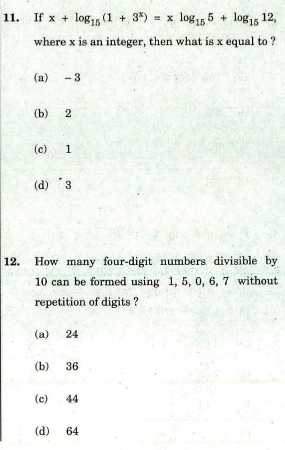
ArithmeticQuestion and Answers: Page 1
Question Number 207194 Answers: 1 Comments: 0
Question Number 207042 Answers: 3 Comments: 0
Question Number 206919 Answers: 2 Comments: 0

Question Number 206924 Answers: 2 Comments: 1

Question Number 206848 Answers: 1 Comments: 1

Question Number 206805 Answers: 2 Comments: 0

Question Number 206783 Answers: 1 Comments: 1

Question Number 206709 Answers: 3 Comments: 4
Question Number 206675 Answers: 1 Comments: 0
Question Number 206636 Answers: 0 Comments: 1
Question Number 206608 Answers: 1 Comments: 0

Question Number 206399 Answers: 2 Comments: 1

Question Number 206353 Answers: 0 Comments: 6

Question Number 206309 Answers: 2 Comments: 0
Question Number 206253 Answers: 2 Comments: 0
Question Number 206230 Answers: 1 Comments: 0
Question Number 206038 Answers: 2 Comments: 0
Question Number 205893 Answers: 0 Comments: 4

Question Number 205842 Answers: 2 Comments: 0
Question Number 205794 Answers: 1 Comments: 1
Question Number 205574 Answers: 1 Comments: 1
Question Number 205577 Answers: 1 Comments: 5
$$\mathrm{is}\:\infty\:\mathrm{a}\:\mathrm{real}\:\mathrm{number}? \\ $$
Question Number 205502 Answers: 2 Comments: 0
Question Number 205457 Answers: 3 Comments: 0

Question Number 205456 Answers: 1 Comments: 0

Question Number 205350 Answers: 1 Comments: 2
